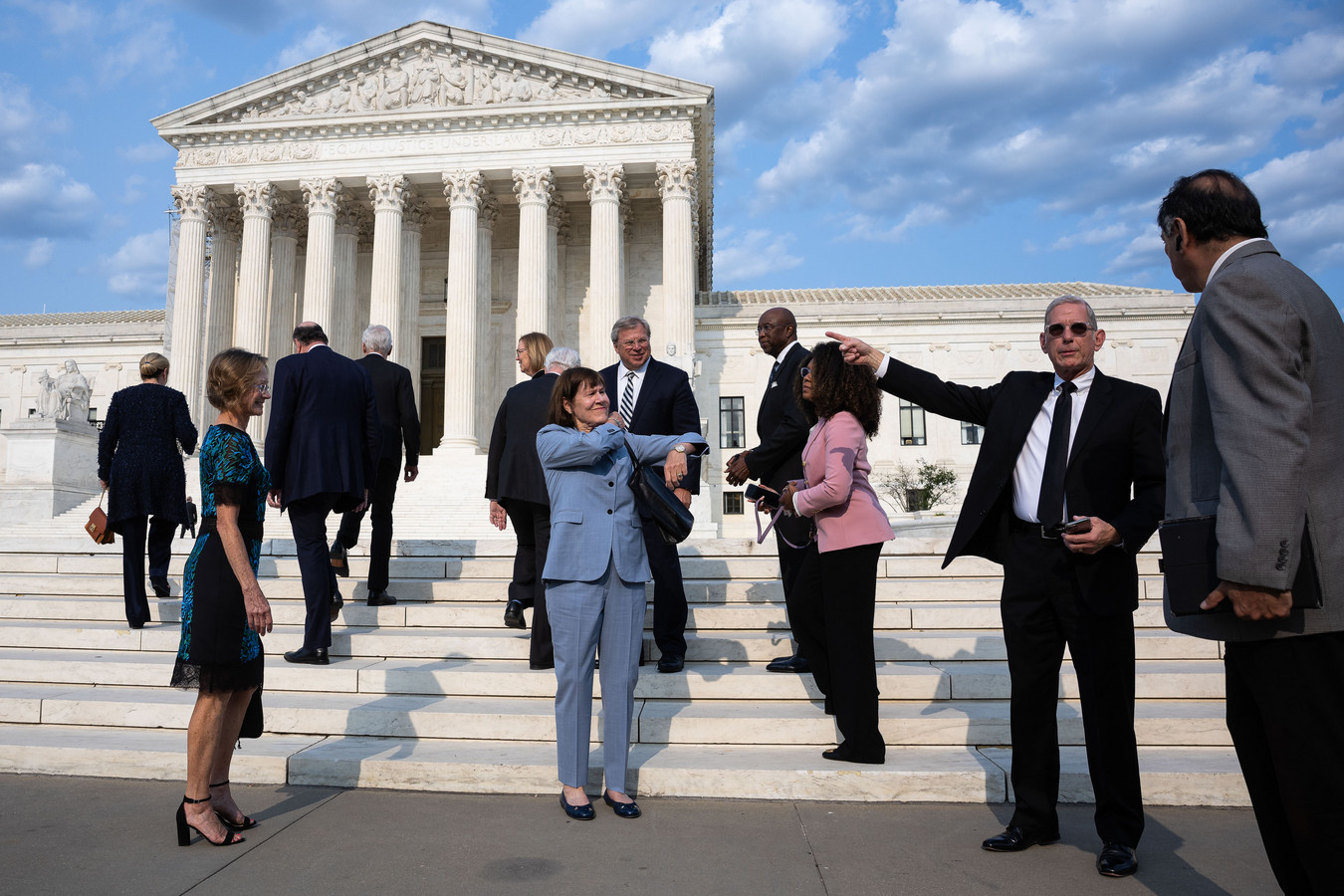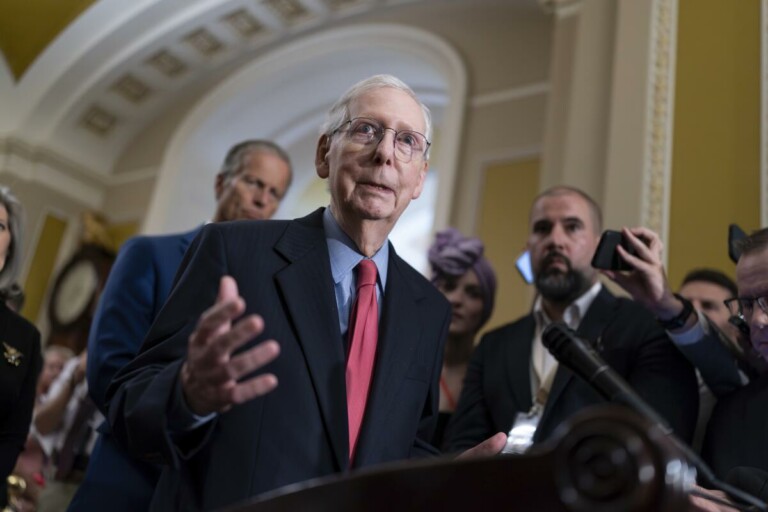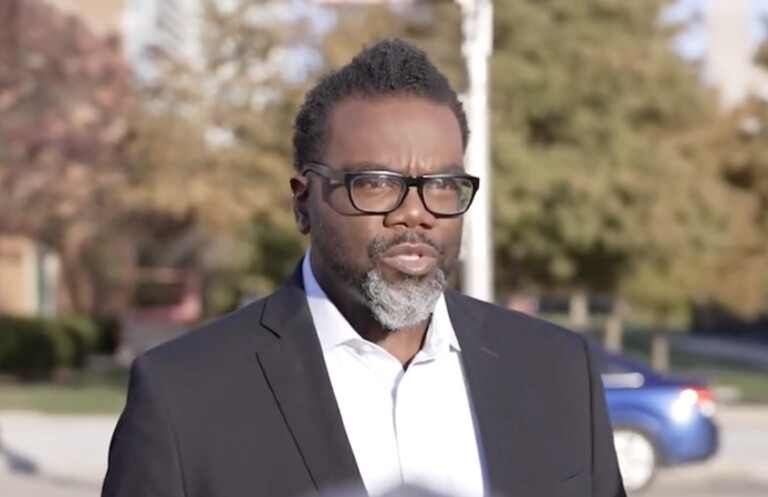A simmering dispute between branches of government over Supreme Court ethics reform boiled over Friday when Justice Samuel Alito publicly rejected a senator’s call to recuse himself from an upcoming case due to a perceived conflict of interest.
After Alito was interviewed for a report in the opinion pages of The Wall Street Journal and expressed the view that Congress has no authority over the high court, Democratic Sen. Dick Durbin of Illinois in August urged Chief Justice John Roberts to take steps to ensure that the prominent conservative justice recuse himself from cases concerning legislation that regulates the high court. He also asked for Alito’s recusal in the case of Moore v. United States – a major tax case in which the petitioners are represented in part by one of the authors of the report in the Journal.
Durbin, the chairman of the Senate Judiciary Committee, has been among lawmakers leading a push for ethics reform at the high court that has come to a head amid bombshell reports in recent months questioning the ethics of some justices. He argued along with committee Democrats that, in this situation, the writer’s “access to Justice Alito and efforts to help Justice Alito air his personal grievances could cast doubt on Justice Alito’s ability to fairly discharge his duties” in the tax case.
But Alito wrote in a statement accompanying an order on Friday that “there is no valid reason for my recusal in this case.”
“Senator Durbin’s request for my recusal is presumably based on the theory that my vote in Moore will be affected in some way by the content of the articles that resulted from the interviews, but that theory fundamentally misunderstands the circumstances under which Supreme Court Justices must work,” Alito wrote, adding that the justices have no control over who argues a case and often participate in cases where they are acquainted with an attorney.
More broadly, Durbin and the Senate Democrats took issue with the substance of Alito’s interview for the Journal, in which he is quoted as saying that “Congress did not create the Supreme Court” and that “no provision in the Constitution gives them the authority to regulate the Supreme Court – period.”
The lawmakers argued that Alito violated a “key tenet” of the Statement on Ethics Principles and Practices – to which all of the justices subscribe – by “publicly prejudging a matter that could come before the Court in the future.” The comments, they wrote, “unquestionably engender doubt that he could fairly discharge his duties should this question come before the Court.”
The back and forth is the latest example of the squabble between branches of government over ethical standards at the Supreme Court. Earlier this year, after multiple reports that justices – including Alito – did not disclose luxury trips paid for by donors with business before the court, the Senate Judiciary Committee approved legislation that would compel the justices to adopt a code of conduct, among other requirements to investigate and regulate ethics violations. But it has little prospect in Congress more broadly.







